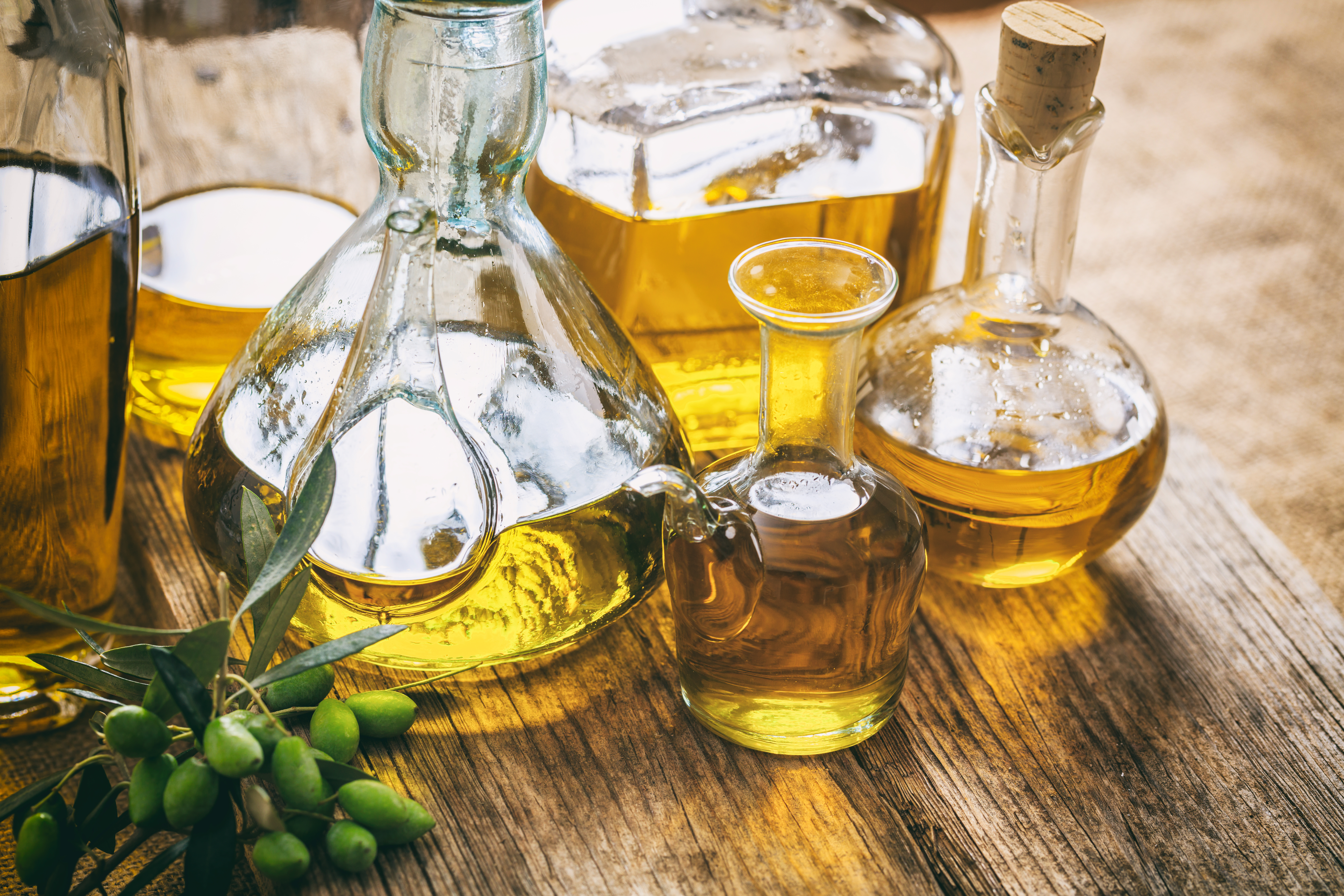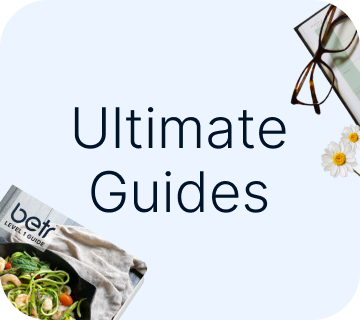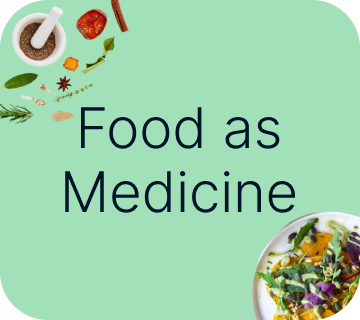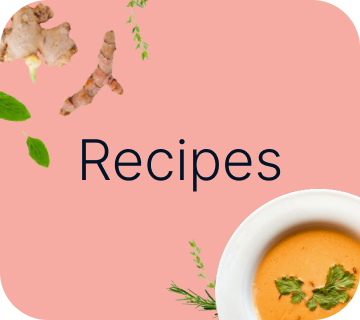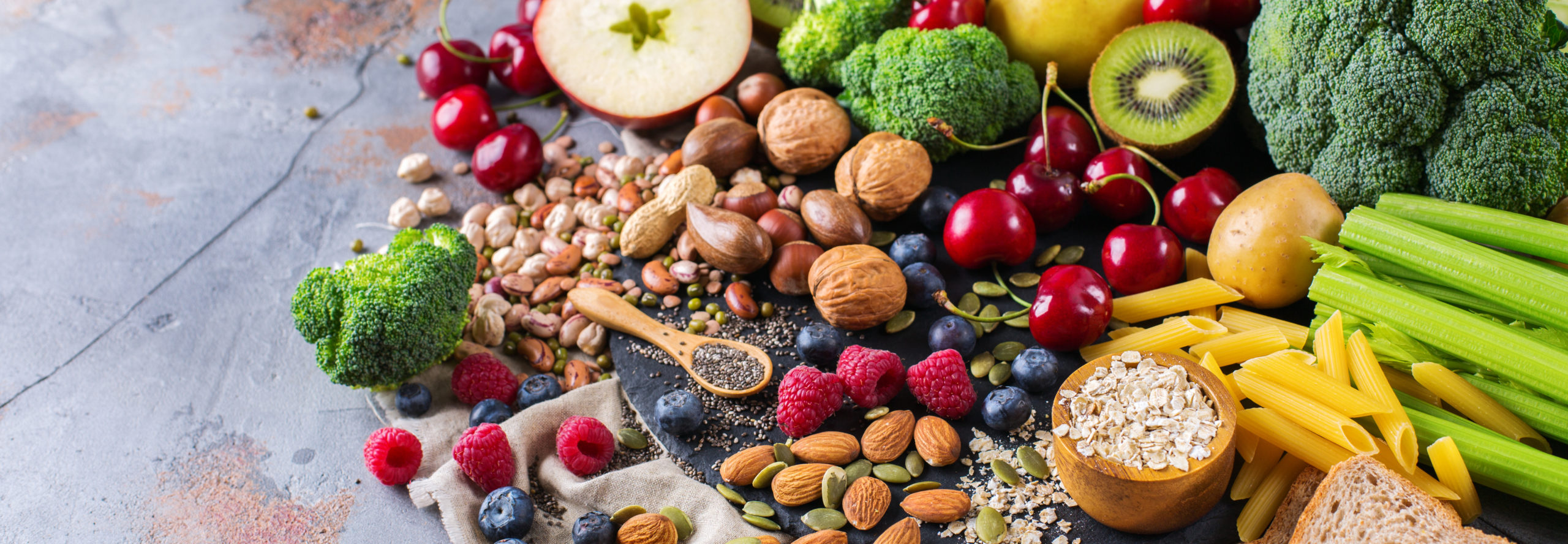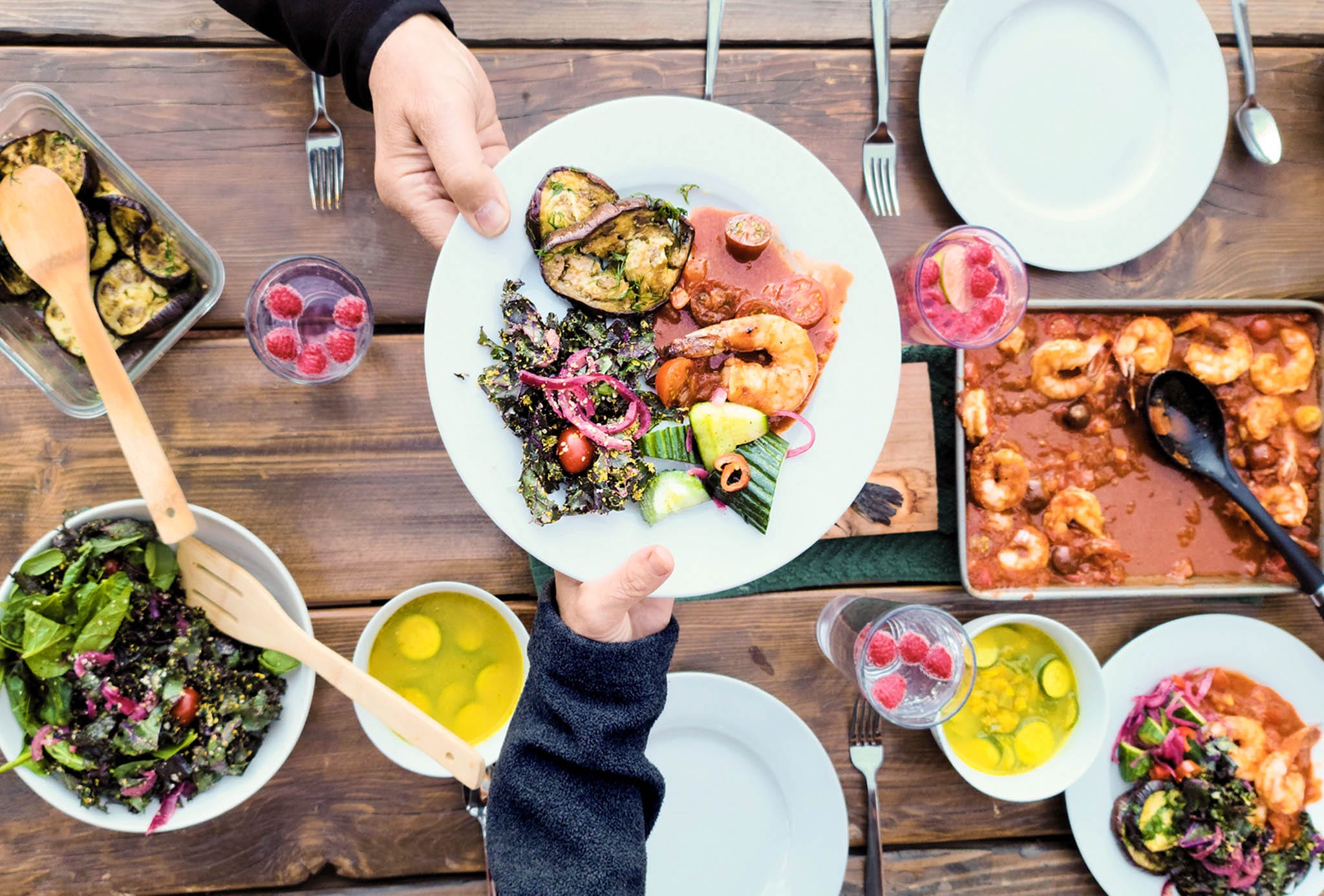When trying to eat healthily, knowing how to use oil in cooking and recipes can take a lot of work. After all, oil is fat, and the word “fat” gets a bad wrap in nutritional circles. But fats are essential to energy metabolism, hormone production, and many other aspects of our health.
Betr’s Ultimate Oil Guide breaks down how to select, cook with, and enjoy the mouth-watering ingredient that is oil!
Choose Healthy Fats!
The types of fat in specific oils make a difference on a molecular level.
Do your best to minimize the use of saturated fats. These fats increase the level of LDL cholesterol, or “bad” cholesterol, in your blood. Foods high in saturated fats include coconut oil and butter.
A type of fat you want to avoid is trans fats. Also called partially hydrogenated oils, scientists invented trans-fats for the food-industrial complex. You can usually find them in fast and highly processed foods. These fats not only raise your bad cholesterol but also lower your good cholesterol, so it’s best to try to avoid trans fats altogether.
Unsaturated fats have a healthier effect on cholesterol, especially when replacing saturated and trans fats. Common oils that contain unsaturated fats include olive oil, avocado oil, hemp seed oil, and grapeseed oil.
Is your oil more saturated or unsaturated fat? Oils higher in saturated fat are usually solid at room temperature.
Takeaway
Choose oils that contain healthier, unsaturated fats, minimize your use of saturated fats, and avoid trans fats or partially hydrogenated oils altogether.
Steer Clear of Sprays
Most of us have a can of cooking spray in the kitchen. But, when trying to find a healthier balance of fats in our diet, avoiding cooking sprays might be a good idea.
Cooking sprays often contain a blend of saturated, unsaturated, and trans fats. On top of this, cooking sprays may contain preservatives or propellants that allow them to live on your kitchen counter indefinitely and stay in “sprayable” form.
Instead of cooking spray, use a brush or a paper towel to apply bottled oil to your cooking surface. If you’re stuck on the convenience of the spritz, you can buy empty spray bottles designed for use with healthier food oils.
Takeaway
Be careful when selecting cooking sprays. These sprays often contain a blend of healthy and unhealthy fats, preservatives, and propellants. Consider brushing bottled oil onto surfaces or purchasing a spray bottle to fill with your oil of choice.
Oxidation is the Enemy
We’re used to splashing some oil in a pan if we’re planning to cook, but how often do you consider oil’s “smoke point?”
What’s the smoke point of oil? It’s the temperature where oil will begin to smoke. Because of differences in their chemical makeups, different oils have different smoke points ranging from low to high temperatures.
You’ll know if the oil has reached its smoke point! Not only will it smell, but it’ll also release bitter-smelling fumes. The oil is changing on a chemical level, which isn’t good for your health!
When oils break down this way, they produce toxic fumes and free radicals. When they enter the body, they combine with molecules in our cells, causing damage and breaking them down. This is a significant source of inflammation.
You can read more about this process in The Betr Guide to Antioxidants.
If you’re going to saute a dish with oil, select one with an appropriate smoke point. Avocado oil’s smoke point is relatively high, while extra-virgin olive oil is lower. Save low smoke point oils for salad dressings and dips, or add a light splash as a flavor finisher!
Here’s a Betr suggestion: try lightly sauteing your food in low-sodium broth. You’ll get the same results, and broth often adds a punch of savory flavor to your dish!
Takeaway
If you’re cooking with oil, be careful not to heat it above its smoke point, which can produce toxic free radicals and affect flavor. A better option would be to saute with low-sodium broth!
Make Your Oil Consumption Count
To be clear, at Betr, we don’t want you to count calories. By “making it count,” we mean to make the most of your oil use! Here are a few tips on how you can do that!
- Buy High-quality, organic oils: Have you ever had a really good olive oil? It’s a much different experience than your average store brand. Spending a few more bucks on a bottle of oil will give you a fresher, more flavorful experience. Fresher oils also have undergone less oxidation, which occurs as oils age, so that you won’t get an unwanted dose of free radicals in your salad!
- Spread the Love! Instead of using oil for cooking, where spices and the main ingredient will overpower its flavor, save it for things like dip or dressings. This way, the amount of oil you use will have a bigger impact because it’s in a dish where it can shine. You’ll also get less oil per person, with more impact!
- Choose the healthiest option: did you know that fresh, high-quality extra virgin olive oil takes “food as medicine” to the next level? It contains beneficial plant compounds and antioxidants that minimize age-related oxidation and provide anti-inflammatory benefits.
We don’t care about the calories in oil. These suggestions are simply about maximizing the enjoyment and benefits you get!
Takeaway
Buying healthy, high-quality organic oils and using them in dishes where you can taste them are the best ways to incorporate oil into your diet!
Betr’s Ultimate Say on Using Oil
Betr is a program of nourishment, not punishment. Not only is dietary fat necessary for well-rounded, healthy nutrition – it makes food taste good!
We would never sentence you to a life of dried, non-fat food. We want to guide you on ways to use oil to maintain healthily and maximize your enjoyment. To this end, let’s review the tips we’ve provided.
- Choose oils that contain healthier, unsaturated fats, minimize your use of saturated fats, and avoid trans fats or partially hydrogenated oils altogether.
- Be careful when selecting cooking sprays. These sprays often contain a blend of healthy and unhealthy fats, preservatives, and propellants. Consider brushing bottled oil onto surfaces or purchasing a spray bottle to fill with your oil of choice.
- If you’re cooking with oil, be careful not to heat it above its smoke point, which can produce toxic free radicals and affect flavor. A better option would be to saute with low-sodium broth!
- Buying healthy, high-quality organic oils and using them in dishes where you can taste them are the best ways to incorporate oil into your diet!
Want to know more about maximizing health and enjoyment with your food? Check out our blog’s Food as Medicine archive for more delicious, healthy facts!
You can also try some of our free Betr Recipes to experience the truth of our “Nourishment, Not Punishment” approach!
After reading this article, you may be asking yourself if your own health hurdles could be related to an unhealthy gut.
Explore Betr's risk-free trial to see if you could benefit from using food as medicine to rebuild your microbiome and realize the healthy potential you never knew you were missing!
